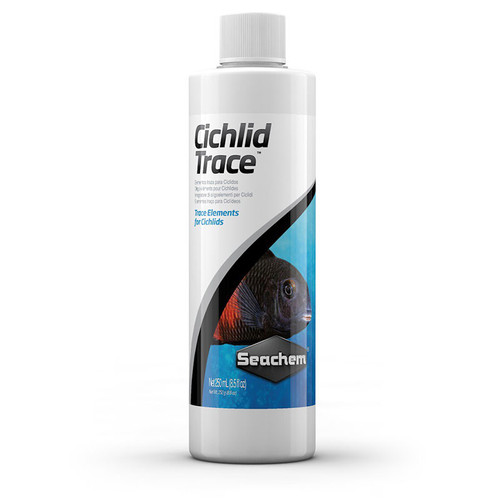SKU:
6
Our Guide To Keeping Checkered Julie Cichlid Fish
-
About Fish Species:
- Scientific name: Julidochromis marlieri
- Common name: Checkered Julie Cichlid
- Family: Cichlidae
- Origin: Lake Tanganyika in East Africa
- Adult length: 10 cm
- Lifespan: 5 to 8 years
-
Tank Setup:
- Checkered Julie Cichlids prefer rocky aquarium setups mimicking their natural habitat in Lake Tanganyika. Provide caves and crevices for hiding and territory establishment.
- Use sand as the substrate to resemble the lake's sandy bottom. Rocks and driftwood can also be added for decoration and to create territorial boundaries.
-
Water Parameters:
- Checkered Julie Cichlids thrive in alkaline water conditions with a pH range of 7.8 to 9.0.
- Maintain the water temperature between 24 to 26°C (75 to 79°F).
-
Filtration and Water Flow:
- Efficient filtration is crucial for maintaining water quality in the aquarium. Consider using a canister filter or a sump system to handle the biological load.
- Ensure gentle to moderate water flow in the tank, as strong currents can stress the fish.
-
Diet:
- Checkered Julie Cichlids are omnivores and will accept a variety of foods including high-quality cichlid pellets, flakes, and granules.
- Offer occasional treats of live or frozen foods like bloodworms, brine shrimp, and small crustaceans to provide essential nutrients and enhance their coloration.
-
Tank mates:
- Checkered Julie Cichlids are territorial and can be aggressive towards conspecifics and similar-looking species. Keep them in pairs or small groups in larger tanks to distribute aggression.
- Compatible tank mates include other Tanganyikan cichlids with a similar temperament such as Neolamprologus and Altolamprologus species.
-
Behavior and Compatibility:
- Checkered Julie Cichlids are territorial and may exhibit aggression towards tank mates, especially during breeding or territory establishment.
- Provide ample hiding places and territories to reduce aggression and allow each fish to establish its space within the aquarium.







